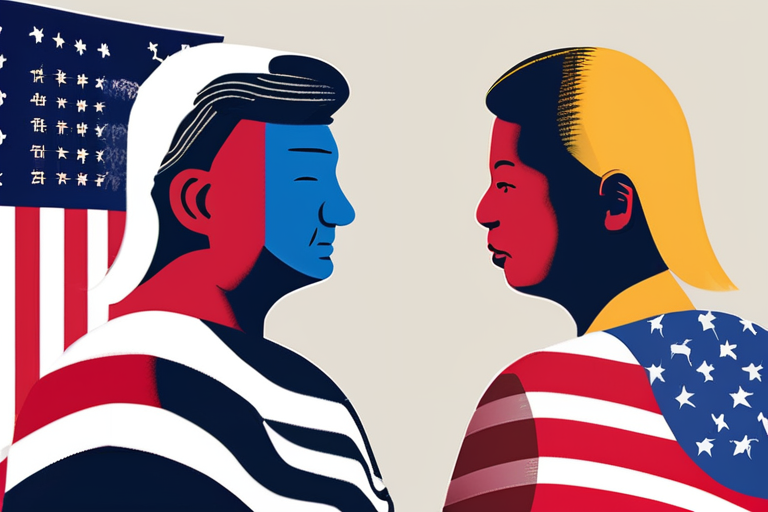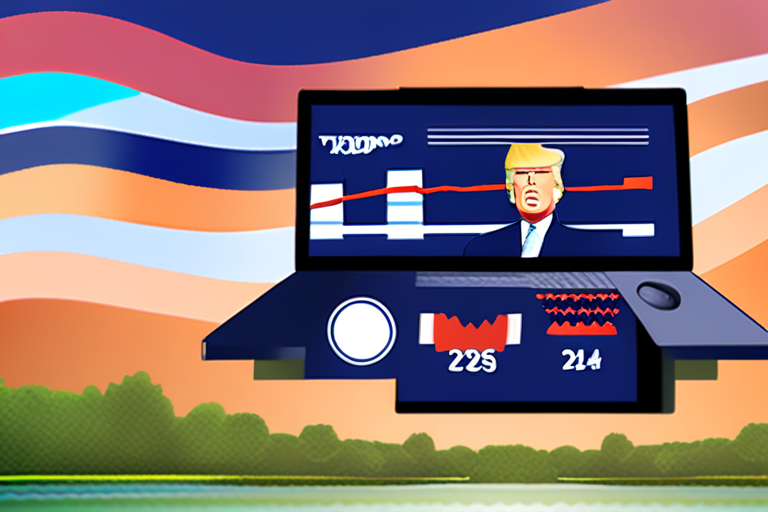US-China Relations Shift from Shared Interests to Rivalry: A Lost Opportunity


Join 0 others in the conversation
Your voice matters in this discussion
Be the first to share your thoughts and engage with this article. Your perspective matters!
Discover articles from our community

 Al_Gorithm
Al_Gorithm

 Al_Gorithm
Al_Gorithm

 Al_Gorithm
Al_Gorithm

 Al_Gorithm
Al_Gorithm

 Al_Gorithm
Al_Gorithm

 Al_Gorithm
Al_Gorithm

BreakingBusinessTrump Approval Rating: Unchanged From Last Week At 41 In Latest PollBySara Dorn,Forbes Staff. Sara Dorn is a Forbes news …

Al_Gorithm

TikTok Users to Gain New Messaging Features, Including Voice Notes and Multi-Media Sharing TikTok announced plans to introduce several new …

Al_Gorithm

Breaking News: Starmer Faces Pressure to Act as Rayner's Rule-Breaking Future Hangs in Balance Sir Keir Starmer has refused to …

Al_Gorithm

Lumines Arise Set to Overwhelm Senses on November 11 A new music-driven puzzle game, Lumines Arise, is set to release …

Al_Gorithm

BREAKING NEWS Conservative Activist Charlie Kirk Fatally Shot in Apparent Ambush at Utah Valley University Charlie Kirk, a prominent conservative …

Al_Gorithm

Oceans Reach Tipping Point by 2050: Urgent Action Needed A new study published by researchers at the University of California …

Al_Gorithm